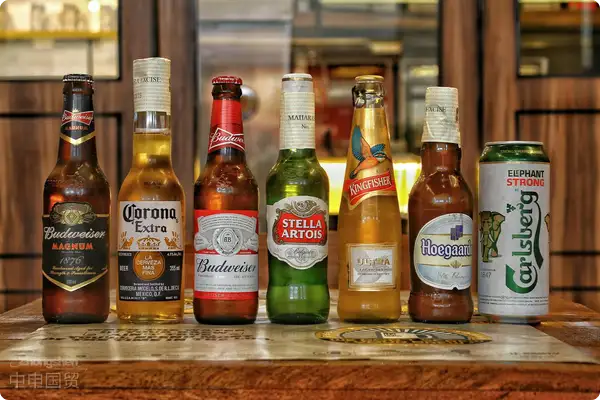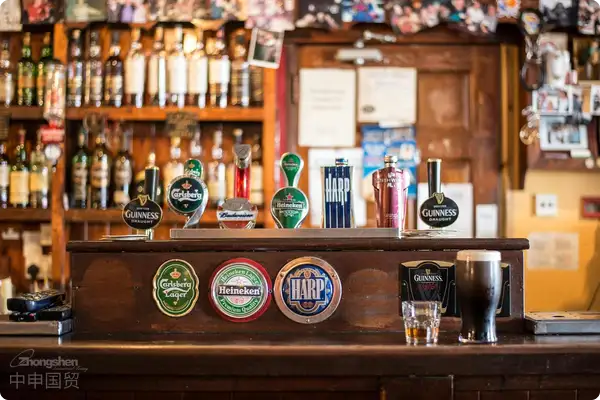- Shanghai Zhongshen International Trade Co., Ltd. - Two decades of trade agency expertise.
- Service Hotline: 139 1787 2118
As a country without sufficient agricultural resources, Singapore relies on imports for most of its food. Therefore, it has extremely strict requirements for the quality and safety of imported food. This strict supervision not only guarantees public health but also ensures the stability of the food market and national food safety. But what does this mean for enterprises exporting to Singapore? What challenges do they need to face and how to respond to these strict regulatory standards?
I. Regulatory Agencies and Regulations
Regulatory Agencies
The supervision of food imports in Singapore is jointly responsible for by multiple agencies, mainly including:
(a) Singapore Food Agency (SFA):Responsible for overseeing the safety and quality of all foods and is the main regulatory agency for food imports.
(b) Ministry of Trade and Industry (MTI):Responsible for formulating policies and regulations related to international trade.
2、Laws and Regulations
The food safety regulatory framework in Singapore includes:
(1) The Plant Control Act and subsidiary regulations:These are related to the import and transshipment of fresh fruits and vegetables.
(2) The Plant Quarantine (Phytosanitary Certification) Regulations:These stipulate the quarantine requirements for the import of plant products.
(3) The Sale of Food Act and its Food Regulations:These specify in detail the sales conditions and safety standards of food.
(4) The Environmental Public Health Act:This covers public health issues related to food production and sales.

II. Standard and Certificate Requirements
Pesticide Residue Limit Standards
Singapore and China have different regulations regarding pesticide residue limits. For certain pesticides such as cypermethrin and prochloraz, Singapore has specific limits, which may differ from Chinese standards. Exporters must ensure that their products meet Singapores specific requirements, which may involve additional testing and compliance assessment of the products.
Indonesia and China also differ in the limits of heavy metals, especially in the control of cadmium. Currently, Indonesia only sets a limit for the lead content, which is the same as Chinas lead standard (0.1 mg/kg), but there is no clear limit for cadmium. This is a regulatory difference that enterprises exporting to Indonesia need to pay attention to.
Regarding heavy metal limits, Singapore mainly focuses on the content of lead and arsenic. Compared with China, Singapore has the same limit for lead, but has specific limit requirements for arsenic. Foods exported to Singapore must meet these standards to avoid being rejected at the border due to exceeding the limits.
III. Conformity Assessment Procedures
1、License Requirements
Singapore has strict license requirements for vegetable importers. All businesses wishing to import white radishes into Singapore must apply to the SFA and obtain an import license. This document is a prerequisite for the legal import and sale of food.
2、Labeling and Packaging Requirements
According to the Food Regulations, all prepackaged foods must be affixed with clear labels indicating information such as product name, ingredients, allergens, net content, and place of origin. In addition, Singapore emphasizes the use of safe packaging materials and prohibits the use of materials that may contain toxic substances. The recent Packaging Partnership Program (PPP) has further promoted the practice of using sustainable packaging materials.
3、Quarantine and Inspection Requirements
Singapore enforces strict quarantine regulations on all imported plants and plant products. Importers must ensure that their products meet Singapores pesticide residue and pest control standards before export. This usually requires providing a phytosanitary certificate and corresponding safety certificates.
Adapting to Singapores food regulatory standards is the key to entering this highly regulated market. For exporters, understanding and complying with these strict regulations is not only a legal requirement but also an important factor in winning consumer trust and market share. Through comprehensive compliance preparation and continuous quality assurance, companies can effectively reduce compliance risks and establish a solid foothold in the Singaporean market.
Related Recommendations
Category case
Contact Us
Email: service@sh-zhongshen.com
Related Recommendations
Contact via WeChat

? 2025. All Rights Reserved. 滬ICP備2023007705號-2  PSB Record: Shanghai No.31011502009912
PSB Record: Shanghai No.31011502009912









